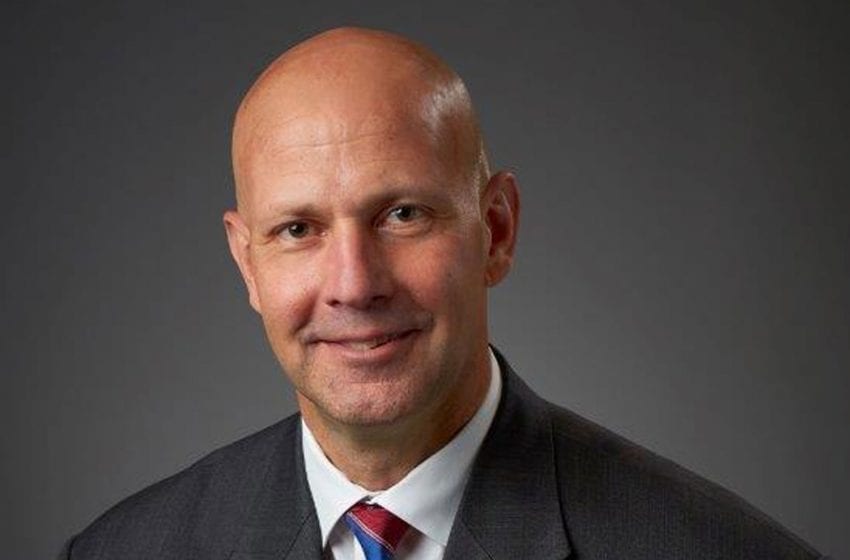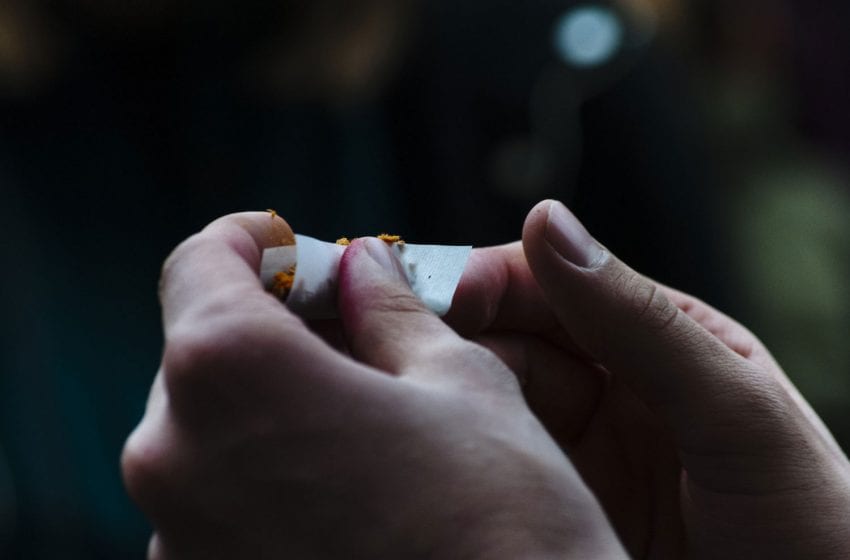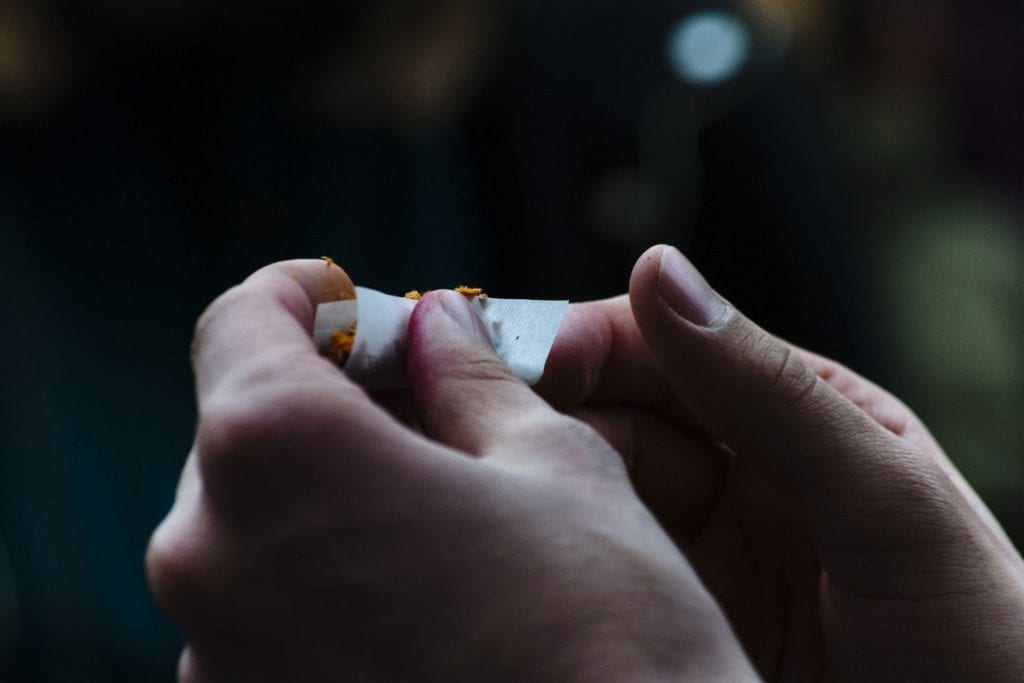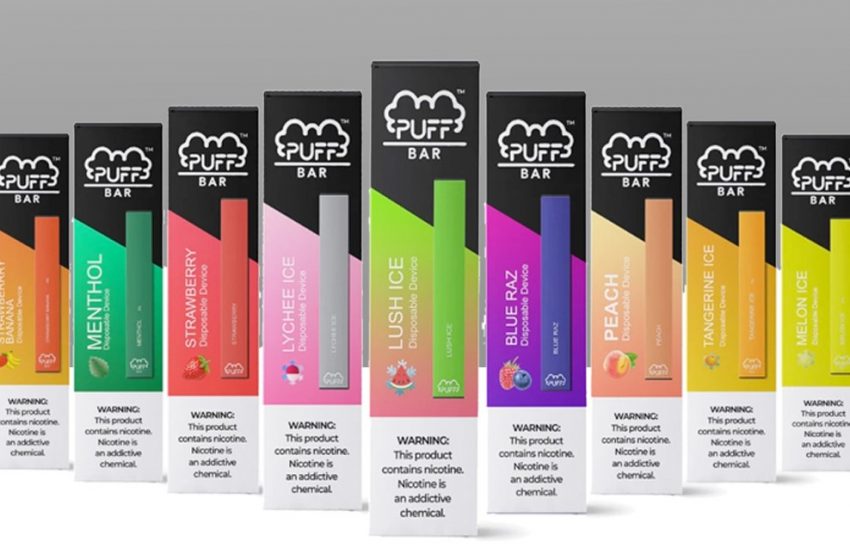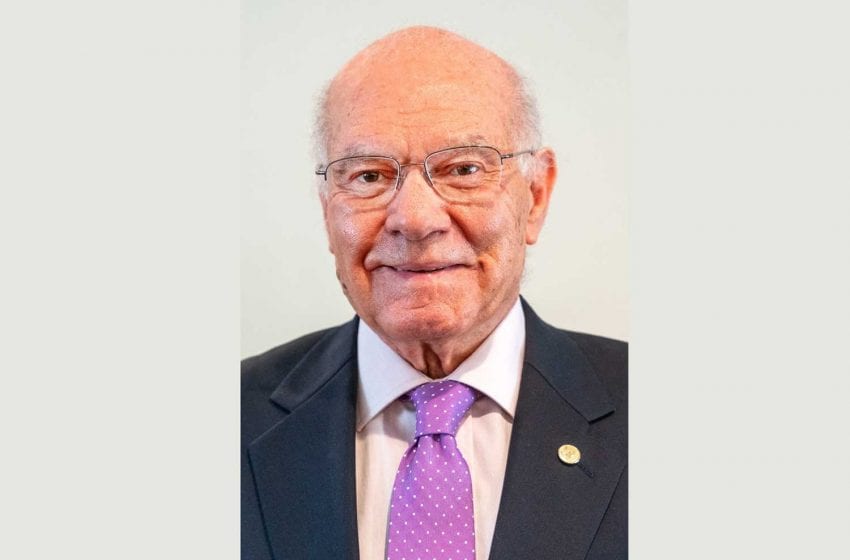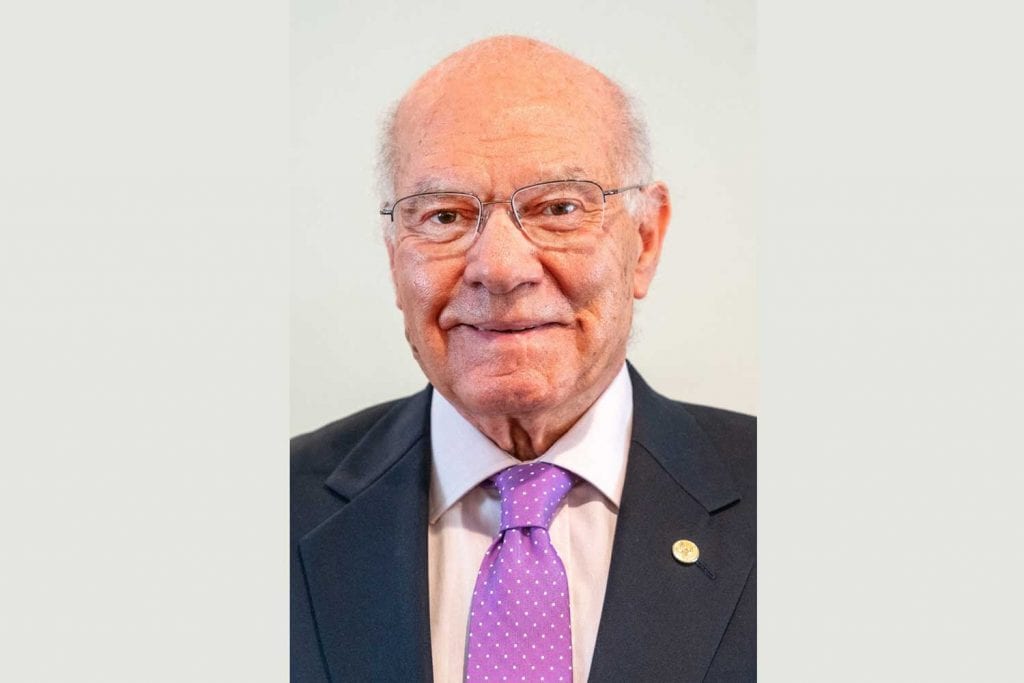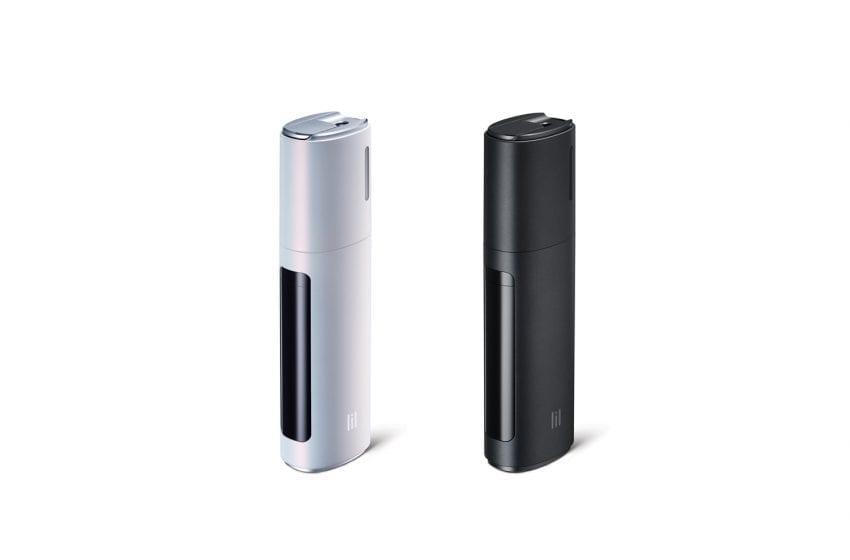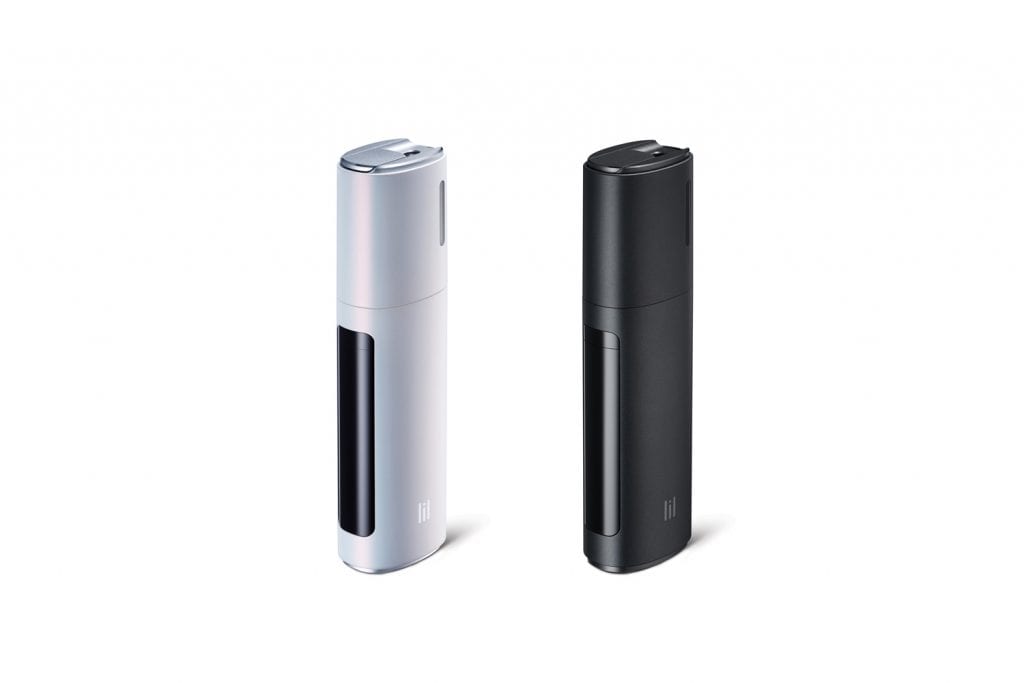
Hungary has won its fight at the European Union’s top court to topple part of an EU decision to stall the government’s progressive taxes on retailers and tobacco companies, reports Bloomberg.
The EU Court of Justice in Luxembourg on Thursday backed Hungary’s appeal and annulled the European Commission’s 2015 decision to order the suspension of the system.
The commission in 2015 opened a probe into the measure and temporarily barred the nation from collecting special taxes from retailers and tobacco companies on suspicion the “steeply” progressive levies violated EU rules.




